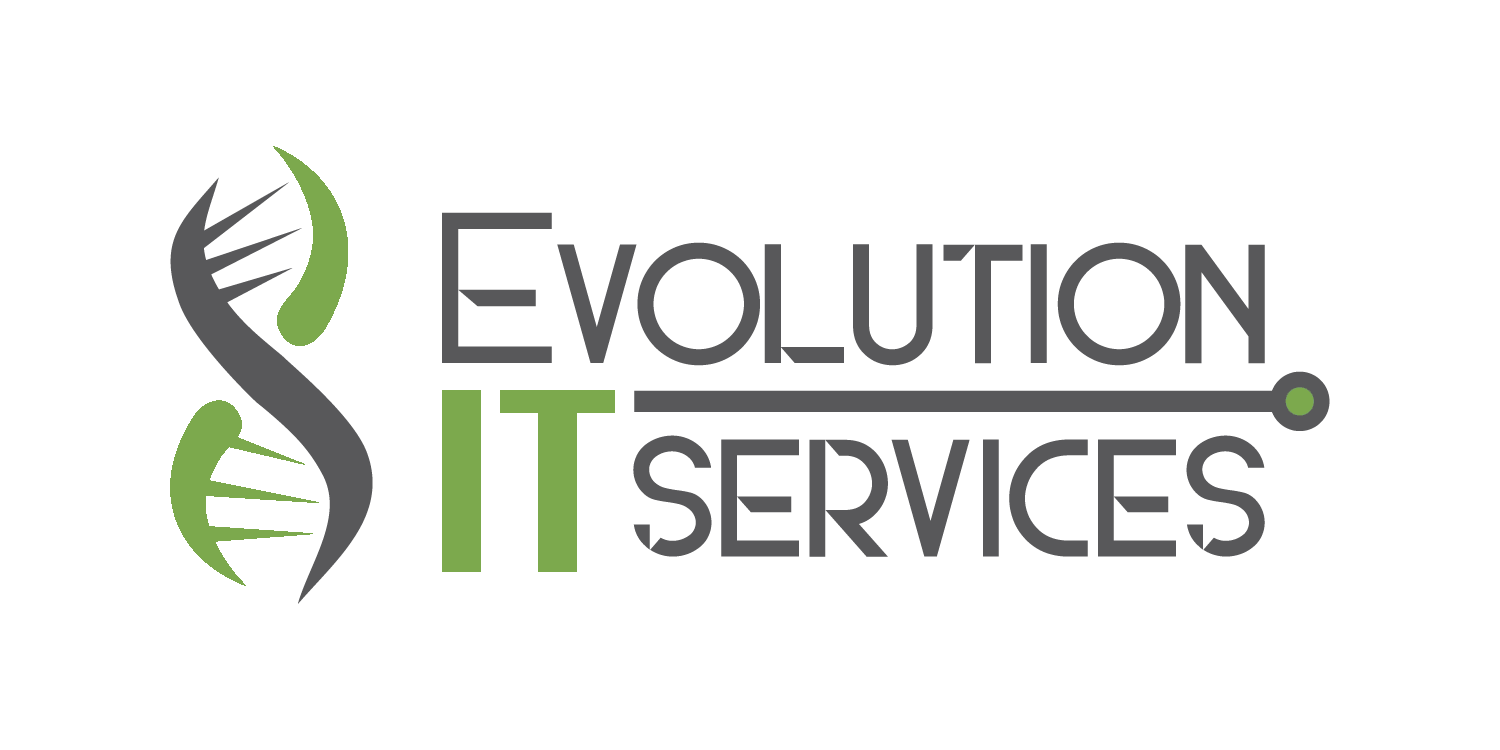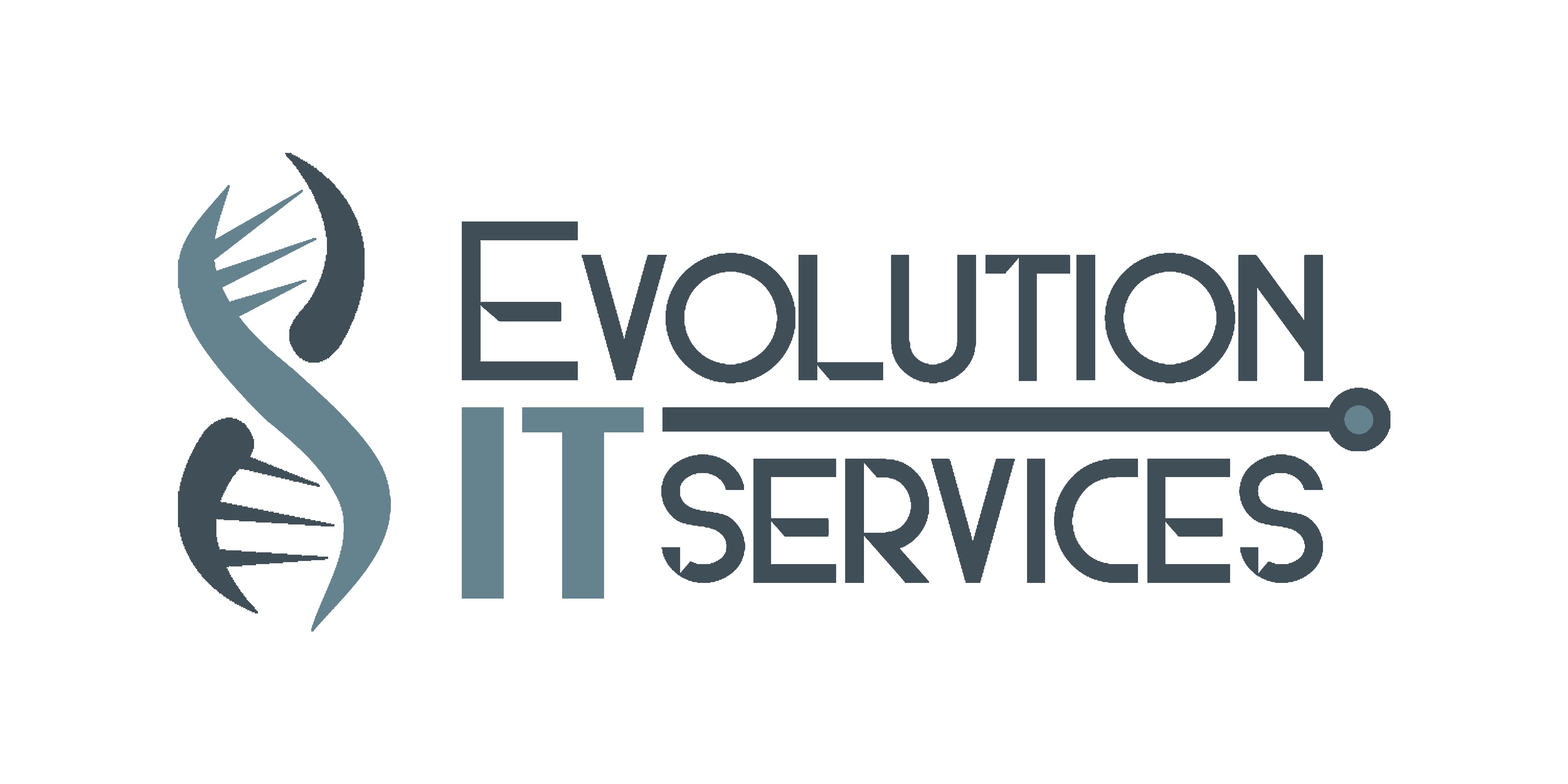
Data Privacy and Compliance in Outsource IT Services: Ensuring Trust and Security
Data Privacy
To meet their IT needs and streamline operations, many organizations turn to outsource IT services. While outsourcing can bring various benefits, such as cost savings and access to specialized expertise, it also raises critical concerns about data privacy and regulatory compliance. In this blog, we’ll explore the importance of data privacy and compliance when outsourcing IT services and discuss how businesses can navigate the complex landscape of data protection laws and standards.
The Growing Significance of Outsource IT Services
Outsourcing IT services has become increasingly prevalent in the modern business landscape. From managing cloud infrastructure to providing technical support, outsourcing allows organizations to focus on their core competencies while delegating IT tasks to specialized service providers. This approach can enhance efficiency, reduce operational costs, and provide access to a broader talent pool. However, it also exposes businesses to potential risks related to data privacy and compliance.
Understanding Data Privacy in Outsource IT Services
The Data Privacy Paradox
Data privacy is a top concern for businesses in today’s interconnected world. Customers, partners, and regulatory bodies demand that organizations safeguard their sensitive information. When it comes to outsourcing IT services, the paradox is evident: businesses need to share data with external providers to improve their operations, but doing so can compromise data privacy if not managed correctly.
Regulatory Frameworks and Compliance
The data privacy landscape is complex, with various regulations and standards governing how organizations handle data. Two of the most prominent ones are the General Data Protection Regulation (GDPR) in the European Union and the Health Insurance Portability and Accountability Act (HIPAA) in the United States. Both have stringent requirements for data protection and impose hefty fines for non-compliance.
Navigating Data Privacy Challenges in Outsource IT Services
Outsourcing IT services can be a strategic move, but it requires a comprehensive approach to data privacy and compliance. Here are some key strategies for businesses to ensure trust and security when outsourcing IT services:
1. Due Diligence in Vendor Selection
Selecting the right IT service provider is paramount. Perform thorough due diligence to evaluate a vendor’s track record in data security and compliance. Look for certifications like ISO 27001 and SOC 2, which demonstrate a commitment to data protection.
2. Clear Data Handling Policies
Establish clear data handling policies and expectations with your IT service provider. Define what data can be accessed, how it will be processed, and the security measures in place to protect it. This should be a part of the service-level agreement (SLA).
3. Encryption and Data Access Controls
Ensure that data is encrypted both in transit and at rest. Implement robust access controls and authentication mechanisms to restrict unauthorized access to sensitive information. Regularly review and update these security measures.
4. Compliance Audits and Monitoring
Regularly audit your IT service provider’s compliance with relevant data protection regulations. Implement continuous monitoring to detect any anomalies or security breaches promptly. Maintain open communication channels with the provider to address any issues promptly.
5. Incident Response Plan
Have a well-defined incident response plan in place. In the event of a data breach or security incident, a prompt and coordinated response can mitigate the damage and protect your organization’s reputation.
6. Employee Training
Educate your employees about data privacy best practices, both within your organization and among your IT service provider’s team. Human error is a common cause of data breaches, so investing in training is crucial.
The Role of Technology in Ensuring Data Privacy
Advancements in technology have also played a significant role in enhancing data privacy and compliance within outsource IT services. Here are some technological solutions that can help:
1. Data Loss Prevention (DLP) Tools
DLP tools can automatically classify and protect sensitive data, preventing it from being leaked or accessed by unauthorized users. These tools provide an additional layer of security in outsourced IT environments.
2. Encryption Solutions
End-to-end encryption solutions can secure data both at rest and in transit. Implementing encryption technologies ensures that even if data is intercepted or breached, it remains unreadable to unauthorized individuals.
3. Identity and Access Management (IAM)
IAM systems help manage user access to data and resources, ensuring that only authorized personnel can access sensitive information. This technology is crucial for controlling data access in outsourced IT environments.
The Benefits of Data Privacy and Compliance
Ensuring data privacy and compliance in outsource IT services is not just about ticking boxes on a checklist; it brings substantial benefits to organizations:
1. Enhanced Trust
When customers and partners know that their data is handled with care and in compliance with regulations, it builds trust and fosters stronger relationships.
2. Legal Protection
Adhering to data protection laws and standards protects your organization from hefty fines and legal repercussions. Non-compliance can be financially devastating.
3. Reputation Management
Maintaining a strong data privacy and compliance posture helps protect your organization’s reputation. A data breach can lead to significant reputational damage that may take years to recover from.
4. Competitive Advantage
Being able to demonstrate your commitment to data privacy and compliance can give your business a competitive edge. It can be a selling point when attracting new clients and partners.
The Future of Data Privacy in Outsourced IT Services
As technology continues to evolve, so do the challenges and solutions related to data privacy in outsource IT services. Here are some trends and considerations for the future:
1. Artificial Intelligence (AI) and Privacy
AI can be a powerful tool for automating data protection measures. It can help identify and respond to threats in real time, making it a valuable addition to the security arsenal of organizations outsourcing IT services.
2. Cross-Border Data Transfers
With the globalization of businesses, cross-border data transfers are becoming increasingly common. Navigating the complexities of international data privacy laws will continue to be a challenge.
3. Data Privacy as a Differentiator
In the future, organizations that go above and beyond in ensuring data privacy and compliance may use it as a differentiator in the market. Consumers and partners may prioritize businesses that take data protection seriously.
4. Evolving Regulations
Expect data privacy regulations to evolve and become more stringent over time. Staying informed and adaptable will be essential for compliance.
Conclusion
Data privacy and compliance are non-negotiable aspects of outsourcing IT services. While outsourcing can bring numerous benefits to organizations, it also exposes them to risks related to data security and regulatory compliance. Businesses must take a proactive approach by carefully selecting vendors, implementing robust security measures, and staying abreast of evolving data protection laws and technologies. By prioritizing data privacy and compliance, organizations can build trust, protect their reputation, and thrive in the ever-changing world of IT services outsourcing.



